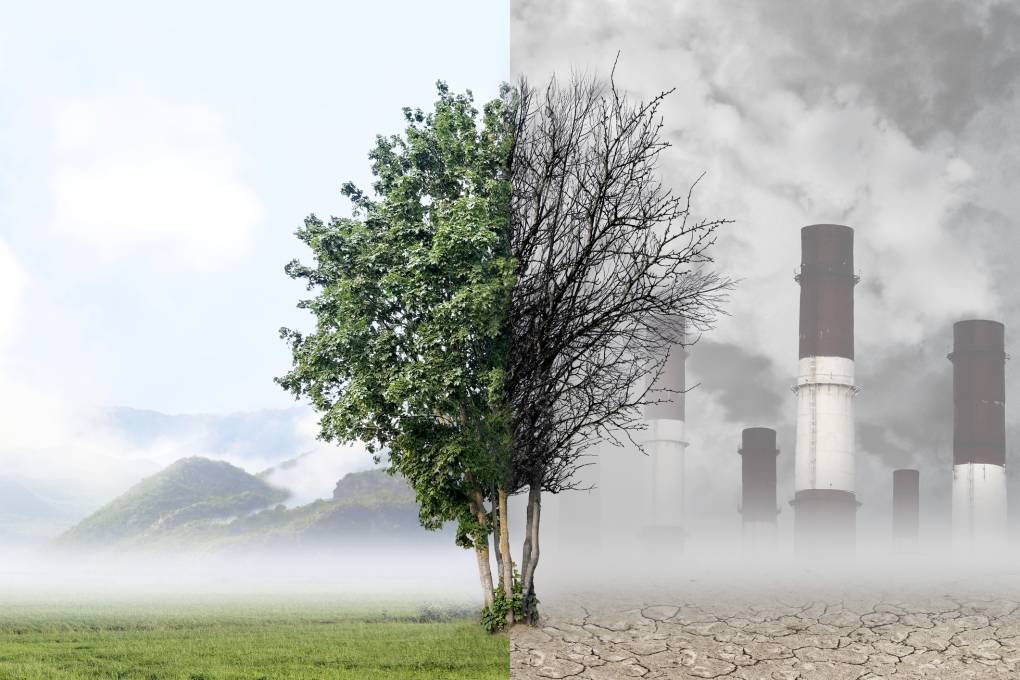“It’s a mutual respect,” Murray said of the relationship between her group and the Texas Southern researchers. “You have to have a partner that respects the ideas you are bringing to the table and also allows you to grow.”
Bullard is co-founder, with Beverly Wright, of the HBCU Climate Change Consortium, which brings together historically black universities and community-based organizations in what Wright has termed the “communiversity” model. There are partnerships like the one in Houston all over the South: Dillard and Xavier Universities, in New Orleans, working on wetlands restoration and equitable recovery from storms; Jackson State is working in Gulfport, Mississippi, on legacy pollution; and Florida A&M in Pensacola on the issue of landfills and borrow pits (holes dug to extract sand and clay that are then used as landfill).
Bullard said it’s no accident that so many HBCUs are involved in this work. “Black colleges and universities historically combined the idea of using education for advancement and liberation, with the struggle for civil rights.”
When these partnerships go smoothly, Bullard said, universities provide community-based organizations with access to data and help advocating for themselves; students and scholars get opportunities to do applied research with a clear social mission.
A lot of growth is happening in environmental justice right now. ACTS’ $500,000 EPA grant is part of what the White House touts as “the most ambitious environmental justice agenda ever undertaken by the Federal Government.” Notably, President Biden’s Justice40 initiative decrees that 40% of all federal dollars allocated to climate change, clean energy, and related policy goals flow to communities like Pleasantville: marginalized, underserved and systematically overburdened by pollution.
Expanding on this model, the EPA has allocated $177 million to 16 “Environmental Justice Thriving Communities Technical Assistance Centers” — a mix of nonprofits and universities that will help groups like ACTS get federal grants to achieve their goals.
But, warned Bullard, all the new funding might cause a gold rush, raising the danger of attracting bad actors. Sometimes, he said, universities act like “grant-writing mills,” exploiting communities without sharing the benefits. “You parachute in, you mine the data, you leave and the community doesn’t know what hit them. That is not authentic partnership.”
Murray, at ACTS, has seen that kind of behavior herself. “A one-sided relationship where they came in to take information,” she recalled. “The paper was written, the accolades [for researchers] happen, and the community is just like it was, with no ability to address anything.”
It takes sensitivity and hard work to overcome what can be a long history of town-gown tensions between universities and local communities. “You have to earn trust,” said Bullard. “Trust is not given by a memorandum of understanding.” One way to break down barriers is to make sure that all participants — whether they have a GED or a PhD — share the air equitably at meetings between researchers and community leaders. And those meetings might be held in the evenings or on weekends, because community groups are often run by volunteers.
Denae King, a PhD toxicologist, works with Bullard as an associate director at the Bullard Center. She said she’s always looking for a chance to give space to community partners like ACTS, and reduce or equalize any power dynamic.
“I just ended a meeting where someone was asking me to put together a proposal to showcase environmental justice at a conference,” she said. “Before I would be willing to do that, I want to make sure it’s OK to showcase community leaders in this space. I might split my time in half and we co-present. Or it may look like me helping the community leader to prepare their presentation. I might be in the room and say nothing, but my presence says, I’m here to support you.”
This opinion column was produced by The Hechinger Report, a nonprofit, independent news organization focused on inequality and innovation in education. Sign up for the Hechinger newsletter


